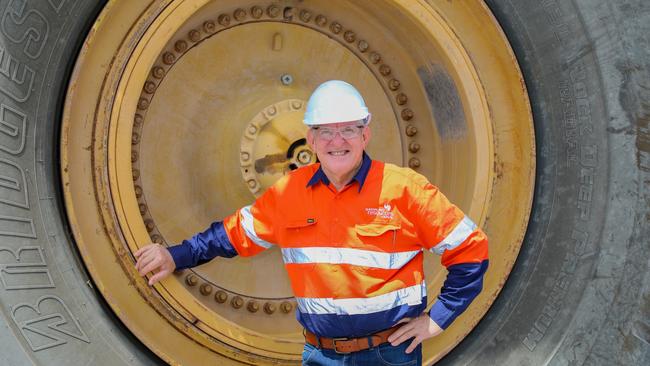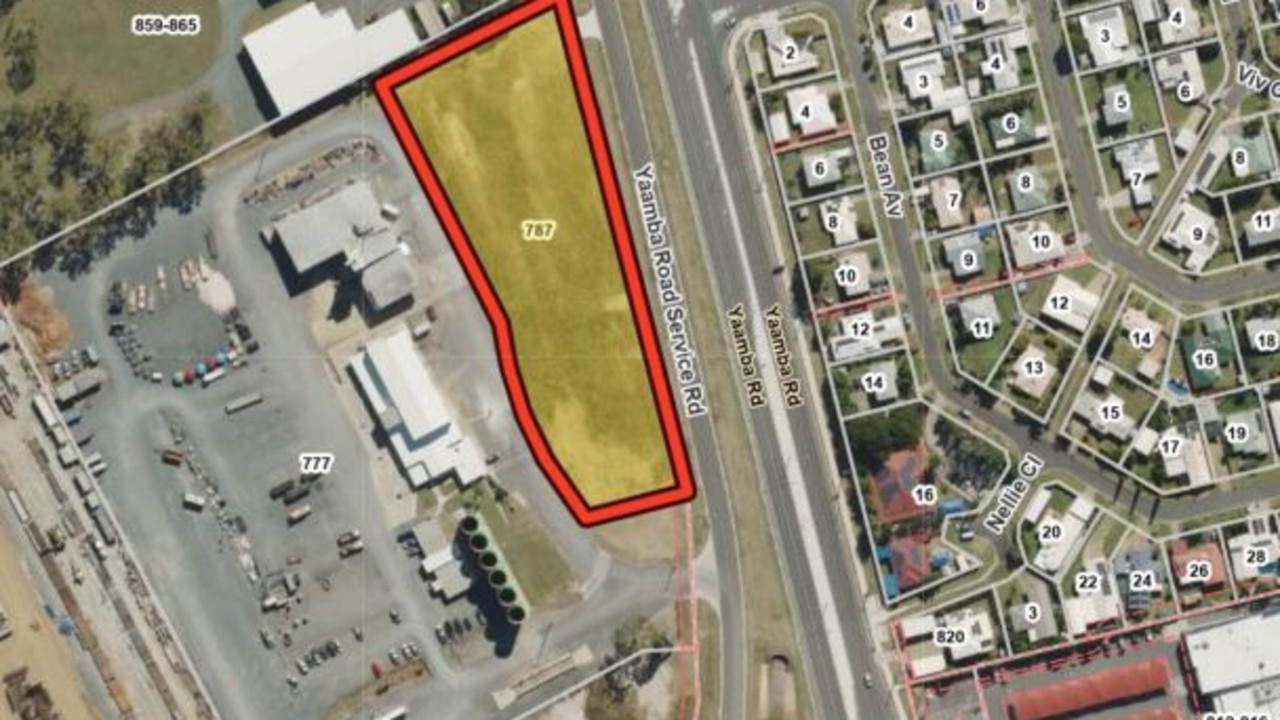Queensland Government ban on FIFO reliant workforces upheld after positive review
A review on banning 100% FIFO workforces has upheld the red tape that protects Central Queensland communities. There are plans to further cut the number of non-local workers. Here’s when.

Business
Don't miss out on the headlines from Business. Followed categories will be added to My News.
Bowen Basin FIFO worker numbers are expected to drop by 700 in the next four years, potentially providing more opportunities for DIDO and local workers.
Data obtained through the Co-ordinator-General’s view of the Strong and Sustainable Resource Communities Act showed FIFO workers within existing and approved future projects will decrease from 19,350 in 2021 to 18,650 in 2025.
Similarly, the number of non-resident workers employed for current projects, potential projects, and projects yet to lodge an Initial Advice Statement, would decrease from 19,370 in 2021 to 18,750 in 2025.
The review showed the State Government’s 2018 ban on 100 per cent FIFO worksites had been a success throughout the past two years.
The act had provided “positive benefits to local communities”, job security, and an increase in local workers and their families at regional communities.
When the Campbell-Newman-led Queensland Government approved 100% fly-in, fly-out rosters for two coal mines in Central Queensland, the Daily Mercury and other regional papers took up the fight for locals left reeling at the decision.
The powerful campaign to protect regional jobs from the threat of 100% fly-in, fly-out rosters dismantled the case for those out-of-town workers through a long-running campaign.
Then Deputy Premier Jeff Seeney announced 650 jobs would be pulled from Brisbane and 250 from Cairns – locking out our readers from work in their own towns.
Locals had to watch visiting miners arrive from 1000km away and take up work on a site just 5km from their homes.

The residents of towns, such as Moranbah and Dysart, were told not to bother applying to work at the Daunia and Caval Ridge mines.
By refusing opportunities to these communities, local workers had no choice but to leave their home towns if they wanted work.
Within three months, the government’s FIFO policy was all-but-abandoned.
The FIFO battle won for these communities ensured they would never again face a government robbing them of work.
While there were initial costs for mining companies to adopt the ban and retain local workforces, the review showed mining companies had not been “disadvantaged”.
Isaac Regional Council Mayor Anne Baker said the Act retention provided Queensland resource communities with certainty around their future.
“It is great to see the government listened to our recommendations and is going to undertake further review of the effectiveness of the Act by putting three large projects through the enhanced SIA process after they have been operating for a year,” she said.
“We are pleased to see the anti-discrimination provisions mentioned and in particular the work that will be done to improve awareness and perceptions of these.”

Ms Baker said the commitment from the officer of the Co-ordinator-General to implement the review’s recommendations was a “great first step”.
“We have advocated for these protections over the past decade and we believe all resources communities across Australia deserve the same protections now afforded to Queensland communities,” she said.
The review was carried out through two phases, the first from February 12 to September 18 2020, involving 74 interviews with the resource industry, peak bodies, local and state government, workers’ camp operators, unions and social service providers.
There were also 21 online surveys and five written submissions, and data requested from the resource industry and government agencies.
The second phase from February 1 to April 30 2021, involved a consultation report, detailing feedback and draft recommendations to government, which was released for a 12-week public comment period.
Nine submissions were received.

QRC Chief Executive Ian Macfarlane said the Act supported what Queensland resource companies had done for decades.
“Even though the SSRC Act prohibits 100 per cent FIFO mines, there are no 100 per cent FIFO mines operating in Queensland,” he said.
“Companies will need to continue to employ FIFO workers when required, such as in remote locations or if there aren’t enough workers available locally with the right skills, experience and qualifications.”




